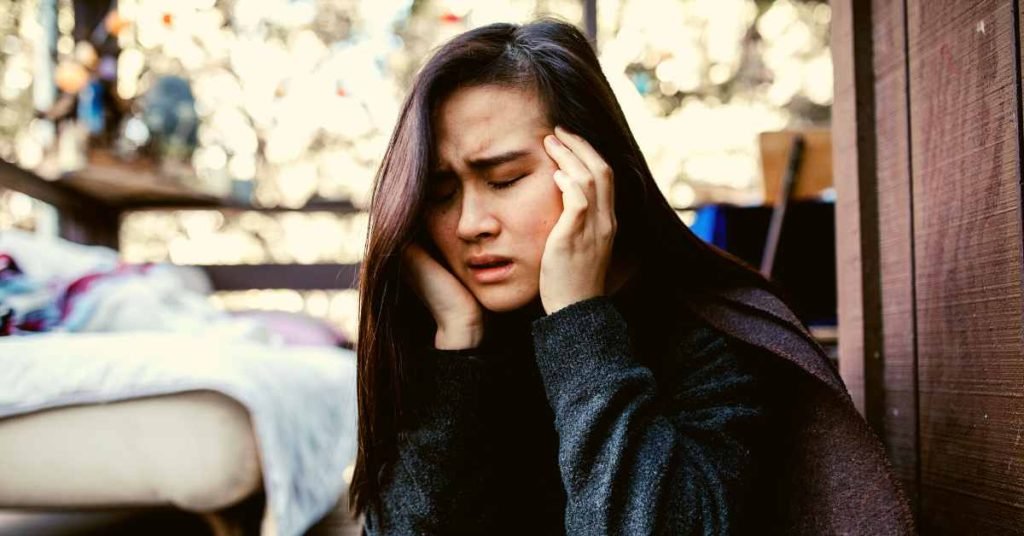In recent years, the therapeutic benefits of tea, particularly in the context of post-traumatic stress disorder (PTSD), have gained attention.
This article delves into the potential of tea as a soothing elixir for individuals grappling with the challenges of PTSD.
Understanding PTSD

Post-traumatic stress disorder is a mental health condition that can develop after experiencing or witnessing a traumatic event.
Symptoms may include flashbacks, nightmares, severe anxiety, and uncontrollable thoughts about the event. Managing PTSD often requires a multi-faceted approach, including psychotherapy, medication, and lifestyle adjustments.
In this context, the role of tea as a complementary and holistic support is worth exploring.
The Mind-Body Connection
Tea has long been celebrated not just for its delightful taste but also for its impact on the mind and body.
One of the key components contributing to its therapeutic potential is the presence of L-theanine, an amino acid found almost exclusively in tea leaves.
L-theanine has been associated with promoting relaxation and reducing stress, making it a valuable ally for those navigating the challenges of PTSD.
Calming Effects of L-Theanine
L-theanine works by increasing the production of neurotransmitters that promote relaxation, such as gamma-aminobutyric acid (GABA) and serotonin.
These neurotransmitters play a crucial role in regulating mood and anxiety levels.
For individuals with PTSD, whose nervous systems may be in a heightened state of alertness, the calming effects of L-theanine can offer a welcomed respite.
Choosing the Right Teas

While all true teas—black, green, white, and oolong—contain L-theanine, some may be more suitable for individuals with PTSD due to their varying caffeine content and additional health benefits.
- Green Tea: Known for its moderate caffeine content and high levels of L-theanine, green tea strikes a balance between alertness and relaxation. The antioxidants in green tea may also contribute to overall well-being.
- Chamomile Tea: Renowned for its calming properties, chamomile tea is caffeine-free and can be particularly beneficial for promoting relaxation and better sleep—a crucial aspect of PTSD recovery.
- Lavender Tea: Infused with the soothing aroma of lavender, this herbal tea not only contains L-theanine but also offers aromatherapy benefits. Lavender is known for its calming effects on the nervous system.
- Peppermint Tea: While peppermint tea is invigorating, it also has muscle relaxant properties that can help alleviate tension. It is caffeine-free, making it a suitable choice for any time of the day.
Rituals and Mindfulness
Beyond the chemical composition of tea, the act of preparing and sipping tea can become a mindfulness practice.
Engaging in a tea ritual provides an opportunity for individuals with PTSD to create moments of calm and self-reflection.
Taking time for oneself and being present in the moment can be powerful tools in managing the symptoms of PTSD.
Community and Connection
Tea has a unique ability to bring people together. Whether it’s sharing a cup with a friend, attending a tea ceremony, or participating in a tea appreciation class, the social aspect of tea can foster a sense of community and connection.
For individuals with PTSD, who may experience feelings of isolation, these communal experiences can be an important part of the healing journey.
Potential Drawbacks and Considerations

While tea can be a valuable addition to a holistic approach to managing PTSD, it’s essential to recognize that it is not a substitute for professional medical advice and treatment.
Additionally, individual responses to tea can vary, and some people may be sensitive to caffeine or specific compounds in certain teas.
Consulting with a healthcare professional before making significant dietary changes is crucial.
Final Word
Tea, with its rich history and diverse varieties, has the potential to be a soothing elixir for individuals navigating the complex terrain of PTSD.
From the calming effects of L-theanine to the diverse range of teas offering unique benefits, incorporating tea into one’s routine can be a gentle and enjoyable way to support mental well-being.
Whether as a daily ritual, a moment of mindfulness, or a shared experience with others, tea can be a companion on the path to healing from trauma.
As with any holistic approach, it’s crucial to approach tea consumption as part of a comprehensive strategy for managing PTSD, working in tandem with professional guidance and support.
MEDICAL DISCLAIMER
Itsnevernotteatime.com cannot and does not contain medical/health advice. The medical/health information is provided for general and educational purposes only and is not a substitute for professional advice.




